_____
Poetry is a courageous art form. No poet can possibly succeed without the willingness to create a completely transparent window into his or her soul. A poet rarely achieves by faking it.
A successful poet’s thoughts are naked to the world, and this full-on exposure — because it is so often blunt and painful for the poet — leaves the reader with a reasonable understanding of lives led and footsteps taken (or not). These revelations build a rewarding and intimate connection.
I have never met or spoken to Mike Faran, whose poetry I occasionally publish on Jerry Jazz Musician. I only outwardly know him by the short biography he sent me — retired lobster trap builder from Ventura who has had some work published in journals around the country. That’s it, really. I don’t even have a photo of him.
He has periodically sent me emails with a poem or two attached to them, seeking my interest in publishing them. (“Here is another poem that I hope will meet with your approval.”) Although I haven’t published them all, they almost always move me. Mike has never submitted a lousy (or lazy) poem, and every one of them formed a line of connection between us.
I learned through a friend of Mike’s that he died recently. I was saddened by this, the depth of which surprised me. People die, and as we get older and experience death and news of it far too commonly, there is a tendency to become numb to the news.
Not so to the news of Mike’s death, which frankly shook me up until I realized why — it was this line of connection between us that his poetry created. In his work, Mike shared his challenges, his heartaches, his joys, his sense of humor and adventure, and his love of jazz music and those he loved. It is the mark of great art.
Although Mike sent me lots of poems in the two or three years since he originally contacted me, I had a feeling there must be more. I wrote his friend and asked if he would send me more. He did.
What follows is a selection of what was sent.
More of Mike. Get to know him.
.
Joe Maita
Editor/Publisher
_____
.
.
Music With The Coldest Months Gone
Tonight we are happy
the radio broke and a neighbor fixed it
for a short beer
We have music tonight
music we can change if we want and
we have one another
Enough heat and
good windows we can open anytime
Tonight we are happy
with nightingales on guard just in case
of a breakdown
they will perform anyway
Most of all we are happy to be reunited
after the long cold months
of silence and doubt
Tonight the music tastes better than beer
or moonlight
_____
no more music baby doll
it all caught fire
burned up in the summer night
did you hear it?
chords popping here
a string singing there
i’m sorry. i love you. forgive me.
some people will make it
again
some creative creatures
will one day emerge from
caves
inspired by long restless nights of
rhythm & blues. but
the blues will come later
you know this
more than i do baby doll
_____
DRIFTERS
I didn’t know if I should hold
your hand.
We had just met & were only going across
Vine to the little jazz club we’d just
talked about.
We were just going from one joint to a
better joint –
it couldn’t be any simpler.
We didn’t like Country & Western
anymore for that afternoon;
we wanted some soft casual jazz & vodka
screwdrivers.
But I took your hand anyway,
you seemed momentarily lost & Vine was
building with traffic.
The sunlight glanced off
your short dark hair & made it radiant,
you looked like an angel;
you smiled & that tiny cloud of fear
vanished from your face.
This is how it all started.
I couldn’t state it in simpler terms if my
life depended on it:
I merely took your hand in the big city at a
moment when you looked lost &
vulnerable.
_____
it ain’t there
sometimes the jazz players
simply give up the ghost
often with the discordant
whimper of a sleepy sax
could be their first session
or their last; they just know
it ain’t there
& the small audience knows
& clap politely
understanding that tonight
simply wasn’t the night
happy hour begins early but
the wine tastes like
wildflowers left out in a 3-dog
night
_____
NO JUSTICE IN THIS MAN’S WORLD
Hank Gathercole played his sax
on the corner of Hollywood and
Vine
maybe two nights before he was
escorted away by
the boys in blue
In the nursing home
nobody knew he was one of the
best jazz musicians in the
country
maybe the world –
they only knew he was black and
blind
They didn’t know he played with
Bones Taylor at the
Cotton Club in ‘51
They didn’t know that he was
featured at The Monterey Jazz
Festival
in ‘64
They didn’t know that he had seven
women in ‘Orleans
still alive because of his healing
music
Even ol’ Hank didn’t know these
things now
_____
RAINDRUM
let us whisk!
let us arise from this
furniture
& go & keep going
like wildfire
like wildlife
i long to do so
the years have made us
as curtains
drawn tight
as the hides of
drums –
our limbs bloodless
but let us whisk now!
like fast jazz
over rainwater
with the sleek blue
night
whipping our skins
in time!
_____
SOUTH-CENTRAL LOS ANGLES
She didn’t mean to be poor.
Sometimes when you’re not as pretty as
your peers
shit happens
The sun creeps over the horizon with a
clenched fist,
goes down into a den of writhing red
snakes
You live inside the click-click-clicking of
ruby neon.
She didn’t intend to step deeper into that
alley
but she heard his beautiful deep voice
sounding so delicious
almost as delicious as the clear liquid of
love
She held wide her dark maroon arm & for
one more night
she would be a part &
apart from the soft jazz that flowed like
lava from
Suncrest & Pico
_____
VILLAGE DREAM SONGS
Sometimes Joan Baez would
rap on my screen-door
wanting a cup of sugar &
asking if I
made it home okay
without being overcharged by
the cabby
We’d sit at the kitchen table &
drink sangria
Sometimes we’d dance
right there to some soft jazz &
I’d hold her tight while
the sun gathered strength against
our brown backs
She always asked if my feelings
were hurt because she’d
found someone new &
she always left leaving her cup of
sugar & the scent of lilac water
______
I WISH THAT I HAD A PURPLE MOUNTAIN
I wish that I had a purple mountain
sprouting up just beyond my kitchen
window;
a silent wild thing of splendor,
too high to see the top of
A mountain with prehistoric birds
that flapped heavily around its girth
& odd noises that belched from its
belly
I’d like for it to erupt three, maybe four
times a month –
To spew all manner of things:
eggplants, ancient scrolls, white cowboy
hats,
popcorn,
Poetry & jazz. & things dangerous yet
intriguing,
clouds of pink & black bearing sexy
stuff,
tiny labels saying “Beware”
But most of the time,
for it to just be there. Purple, growling, &
peculiar –
Strange wild friend,
to always keep an eye on when doing
dinner plates
_____
Mike Faran lived in Ventura, Ca. as a retired lobster trap builder. He is the author of We Go To A Fire (Penury Press) and is a Pushcart Prize nominee. His work has been published in Atlanta Review, Rattle, The Haight Ashbury Literary Journal, and Slant.
Mike passed away in December, 2017








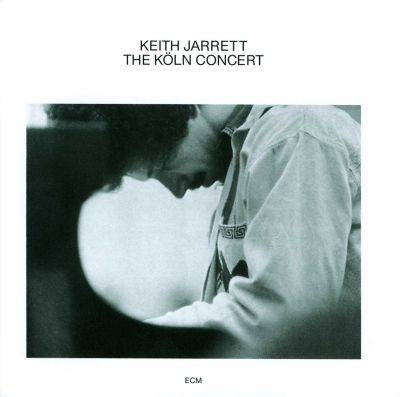




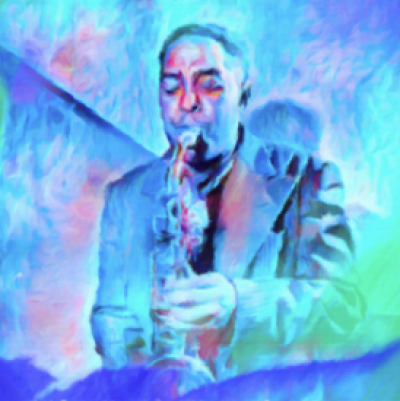
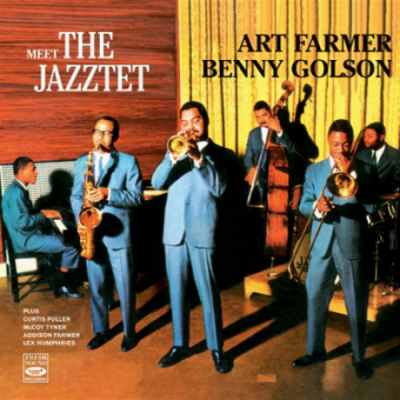




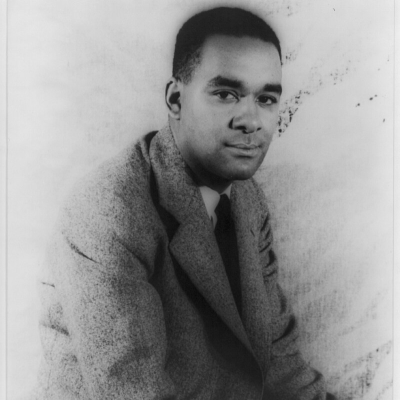
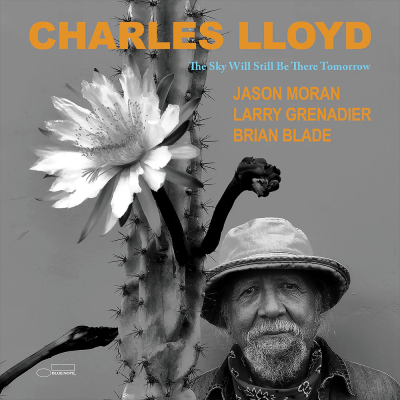
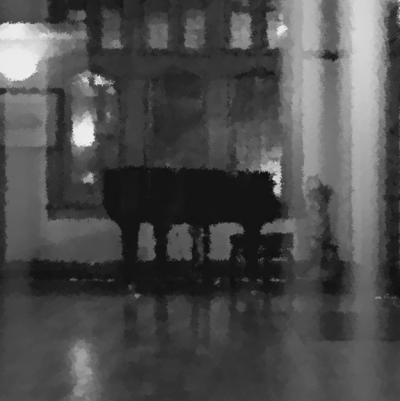


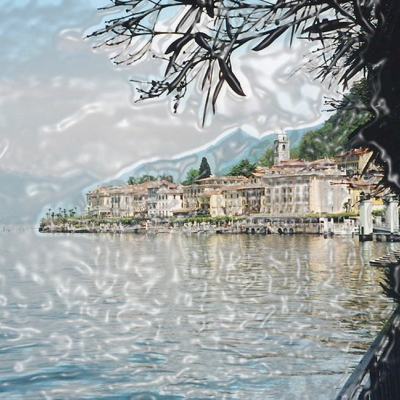

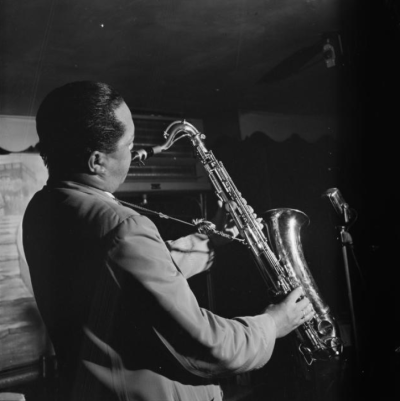





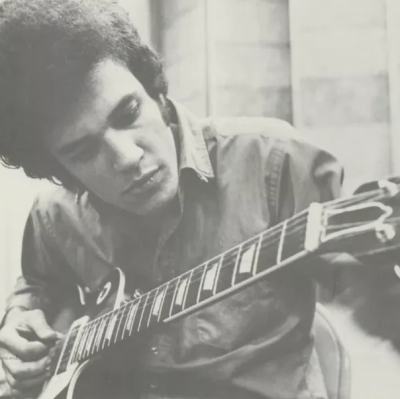







I first met Mike at March AFB in October, 1974. His term of enlistment was just about up, mine was just getting underway. We kept in contact after he moved to Fullerton, and declared his English major at Cal State Fullerton. He was quick to always assert, “I am a poet.” He had poems and journals stacked away literally from his childhood days, and back then, he had a vast, eclectic lp collection, mainly of Elvis, Dylan, Buddy Holly. His mother, I believe, was named Irene, she didn’t enjoy the Leadbelly standard “Goodnight Irene” at all. Occasionally he would drive up to Edgemont(now part of Moreno Valley), spend most of a weekend with some of us, putting away the booze, looking for feminine company, etc. During those times he seemed even quite prepared, settled at times for poverty, if that was what it took to at least make his mark. Over time I often wondered what happened to him, as the last time I saw him was in August 1978, on a return trip to California from Texas, He was trying to raise some extra money by recruiting potential students at Cal Fullerton, and sought my interest, which I couldn’t commit to at that moment in time. He even talked of selling his beloved record collection. Frankly I’m sort of surprised he made it to age 69, the guy could put away some booze in his day, and was not a voracious diner. It is good to know he realized much of his purpose, and I was happy to know him, if but for a short while in time.
Mike Faran was a friend as much as he could be from his home base. I’d visit him there – he’d send me letters. Once in a great while he’d let me take him out for a ride to an appointment. He was generous with information on submissions. We wrote some poems together, a few were published. It was fun and I enjoyed trying to keep up with his “quirky”. I got him started using a computer and getting him an e-mail set up. I, as Penury Press, “published” his chap “We Go to a Fire”. He was so happy to have the little hard copy – said it must have cost me a fortune to make it for him (it didn’t – just a little time). Mike was one of a kind – a good kind.
Cathryn Andresen